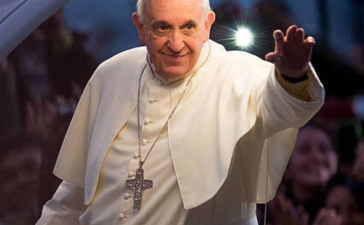
If India wins the bid, it would be a late coming-out party for the country. India would be the world’s third largest economy at that point, and Olympic sports would, in some measure, benefit from interest shown by Indian consumers. Other countries have hosted the games earlier in their development journey to showcase both their economic and sporting prowess. The question of the affordability of hosting the Olympics, brought up from time to time by sceptics, becomes less relevant in the 2030s than it was in the 2010s. India will have enhanced its infrastructure in a decade, and the city/cities it nominates may not have to bankrupt itself by playing host.
The winner’s curse – inflated cost and exaggerated benefits – of hosting the Olympics has made sane counsel prevail across the globe. Bidding is becoming more realistic and telecast revenues are bridging more of the revenue gap. The decision still faces taxpayer revolt. But in India’s case the positive externalities on Olympic sports in a cricket-obsessed nation could outweigh the hefty bill. Market imperfection throttles financial flows to other sports and public expenditure is low by international standards. Hosting the Olympics could bring about some structural changes in the way India spends on sports.








